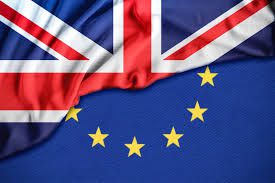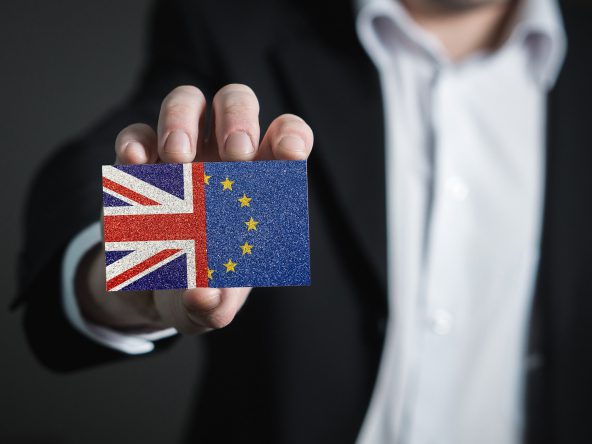Government officials have drawn up a new path for the next few months as they set about hashing out a deal, should negotiators fail to arrive at a deal then the already troubled economy will be faced with a no-deal Brexit and further hardship that will almost certainly come about.
Boris Johnson handed the options to Barnier to accept one that will then secure a fishing deal with EU. Jill Rutter, a senior fellow at the Institute for Government who specialises in Brexit and Government policy, has laid out the routes the Prime Minister could take to bring the row to an end and strike a trade deal with the bloc. In a blog post for The UK in a Changing Europe, Ms Rutter said while recognising the UK as an independent sovereign nation would be an "easy concession" for Eurocrats to make, Britain giving way would be a less straightforward process.
One option is for the UK negotiating team, led by David Frost, to agree to scrap the idea of annual negotiations on fishing access. The UK is demanding a Norway-style fishing agreement with talks held each year.
Ms Rutter said: "The UK would not be overly compromising its independence by agreeing in principle to a more stable framework, with agreements that covered a number of years."
She continued: "Second, while the EU could concede that it needs to move away from historic shares which reflect fishing patterns from previous decades and agree in principle that the long-run basis would be 'zonal attachment' which is what the UK wants.
"But the UK could concede that it will phase in changes over time."
She warned that this option would be hard to sell to British fishermen who have long called for foreign boats to be kicked out of UK waters.
She said many in the industry are eagerly awaiting the end of the Brexit transition period and expect "huge uplifts straight away".
But she argued that this option would "give more time for EU fishing communities to adjust, and time for the UK to work out what how it proposes to deal with additional quota and ensure that it benefits UK fishing communities rather than get transferred into foreign hands which has happened to much of England's quota in the past and is one of the major sources of resentment."
And the third option for Mr Johnson to find common ground on fishing would be to make the agreement conditional to a free trade deal.
She explained: "Finally, even though the fishing associations are clear that they want no linkage between trade and access, some at least in the industry (the shellfish fishers who have been hardest hit by the loss of export and restaurant markets from COVID), the UK should make clear that the fish deal is conditional on a satisfactory trade deal."





